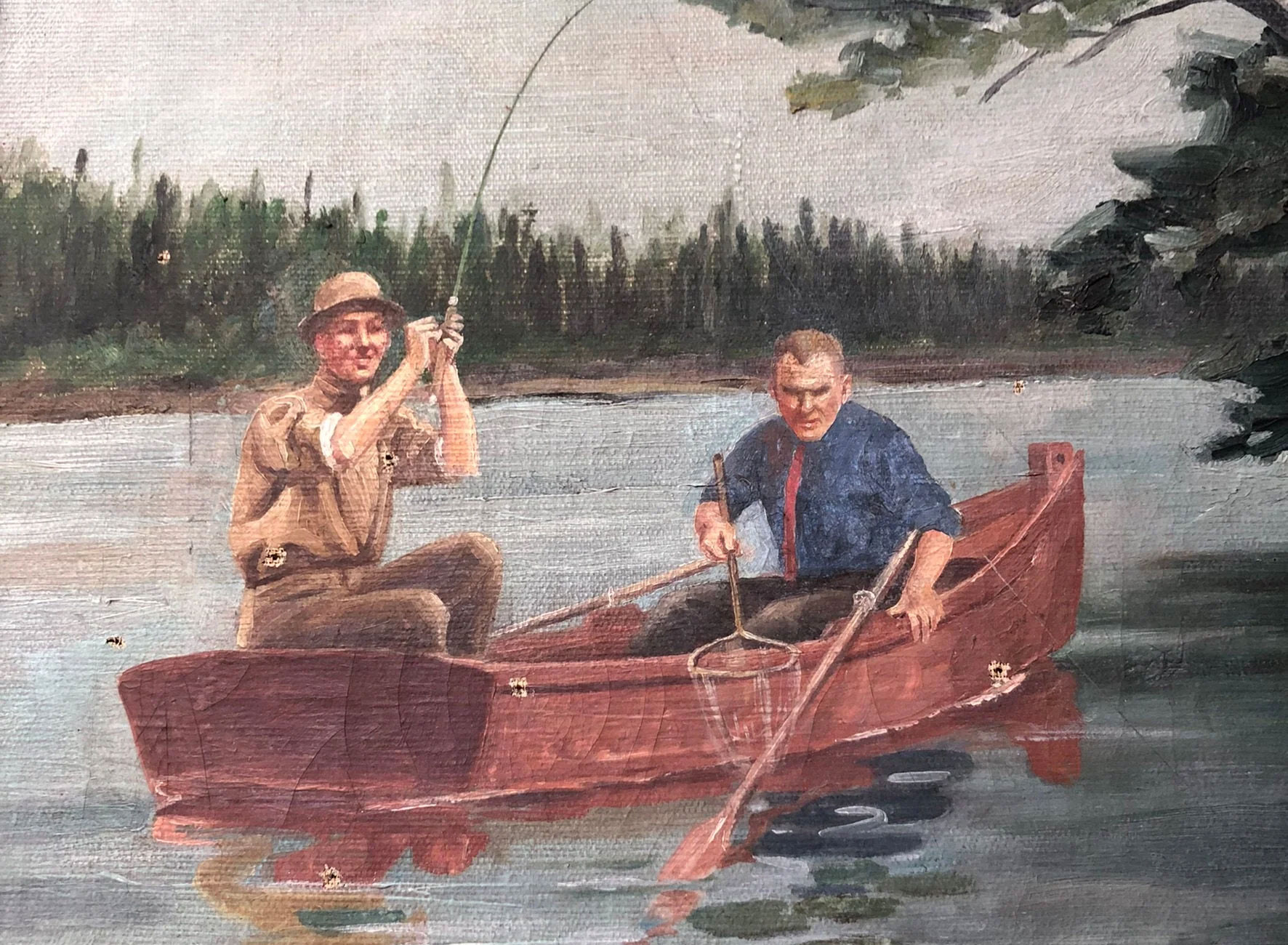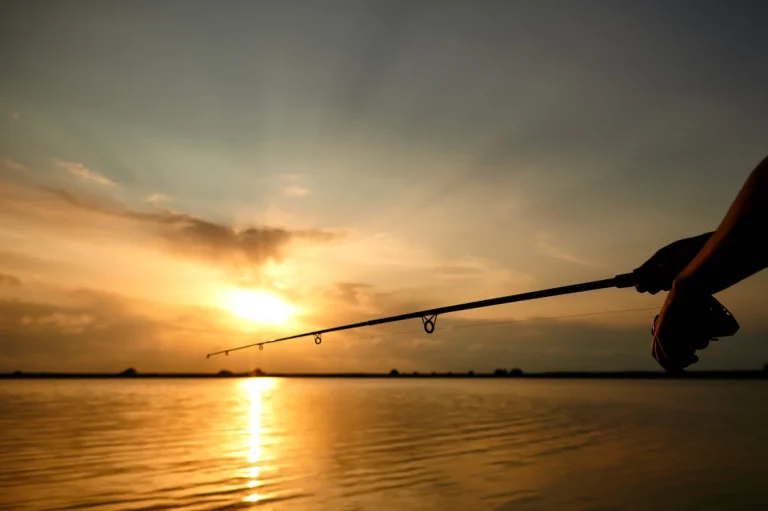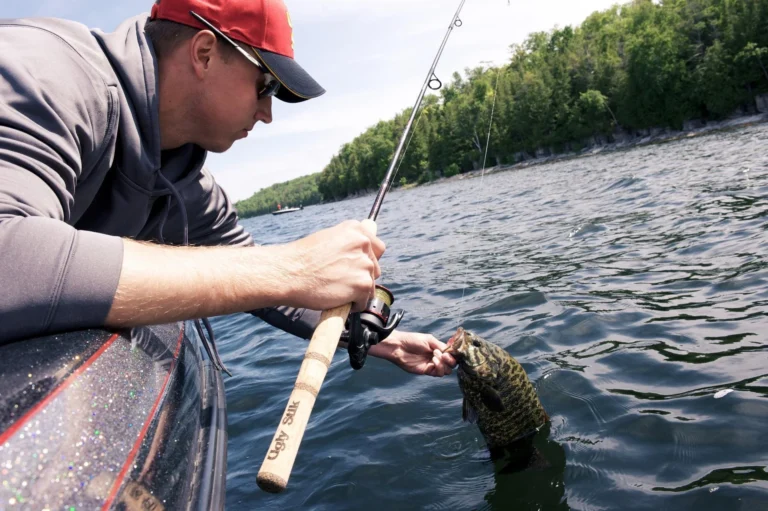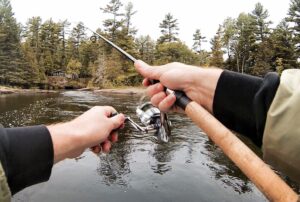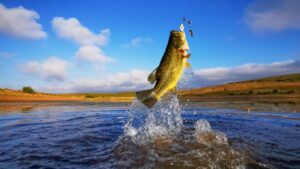Bass fishing holds a special place in the hearts of anglers across the United States. With its roots deeply embedded in American history, it has grown from a local pastime to a competitive sport enjoyed by millions. The evolution of bass fishing reflects the development of outdoor recreation in America, from early settlement days to the high-tech sport we know today.
Early Beginnings
Bass fishing in America can be traced back to the early colonial period. Native Americans were the first to fish for bass in the nation’s waterways, using simple tools like spears, nets, and hand-made hooks. These early anglers primarily targeted bass species like the largemouth bass and smallmouth bass, which thrived in the nation’s many lakes, rivers, and streams.
European settlers brought with them new fishing techniques and equipment. By the 17th century, American colonists were using handcrafted rods and lines made from local materials. Fishing for bass became an essential part of survival, providing a reliable food source in the growing colonies. As the population expanded westward, so did the interest in bass fishing, which continued to be primarily a means of sustenance.
The Rise of Recreational Fishing
By the 19th century, fishing had evolved from a necessity to a leisure activity. The Industrial Revolution brought improvements in transportation and manufacturing, making recreational fishing more accessible. Wealthier Americans began to view fishing as a form of relaxation and sport, with bass being one of the most sought-after species due to its abundance and challenging catch.
In the mid-1800s, the development of more specialized fishing gear, including improved rods, reels, and hooks, allowed anglers to fish more efficiently and comfortably. The popularity of bass fishing grew as people sought the thrill of catching large, powerful fish that could be found in both freshwater lakes and rivers.
The Birth of Competitive Bass Fishing
As the 20th century approached, competitive fishing began to take shape. In the early 1900s, organized fishing tournaments were held in various parts of the country, often with local anglers competing for prizes or bragging rights. However, it wasn’t until the 1950s that bass fishing became a formal competitive sport.
In 1953, the Bass Anglers Sportsman Society (B.A.S.S.) was founded by Ray Scott in Montgomery, Alabama. This organization revolutionized the sport by organizing bass fishing tournaments and creating a structure that would allow competitive anglers to travel across the country and compete for cash prizes and sponsorships. B.A.S.S. introduced the concept of the “catch and release” system, which aimed to preserve fish populations and ensure that tournaments had a minimal impact on the environment.
By the late 1960s and early 1970s, the popularity of competitive bass fishing surged, with tournaments like the Bassmaster Classic becoming national events that drew significant media attention. The rise of television and sponsorships helped propel bass fishing into the mainstream, with professional anglers becoming household names.
Technological Advancements and the Modern Era
As bass fishing continued to grow in popularity, so did the technology used to catch and film the action. The 1980s and 1990s saw significant advancements in fishing equipment, including more efficient fishing reels, lightweight rods, and durable lines. The introduction of sonar and GPS technology allowed anglers to navigate vast bodies of water more efficiently and identify prime fishing spots with unprecedented accuracy.
In the 21st century, bass fishing has become a high-tech sport. Modern anglers use advanced trolling motors, underwater cameras, and even drones to enhance their fishing experience. The sport has continued to grow with the introduction of online platforms and social media, allowing anglers to share their catches, tips, and techniques with a global audience. Major tournaments, such as the Bassmaster Elite Series, now offer millions in prize money, attracting the best professional anglers from around the world.
Bass Fishing as a Cultural Icon
Today, bass fishing is more than just a sport; it’s an integral part of American culture. The sport has inspired countless books, films, and TV shows, and many American towns and cities host annual bass fishing tournaments that draw in large crowds. The Florida largemouth bass, in particular, has become synonymous with the sport, often regarded as the ultimate prize catch for competitive anglers.
Bass fishing has also become a family tradition for many, with parents teaching their children how to fish, creating lasting memories and fostering a connection with nature. The sport has expanded beyond traditional anglers, with women, youth, and diverse communities now participating in greater numbers.
Conclusion
The history of bass fishing in America is a story of growth, innovation, and cultural significance. From its humble beginnings as a survival technique to its current status as a competitive sport enjoyed by millions, bass fishing has undergone dramatic changes over the centuries. Today, it continues to evolve with new technologies, tournaments, and passionate anglers who keep the tradition alive, ensuring that bass fishing remains a beloved American pastime for generations to come.

